Little children are still the symbol of the eternal marriage between love and duty
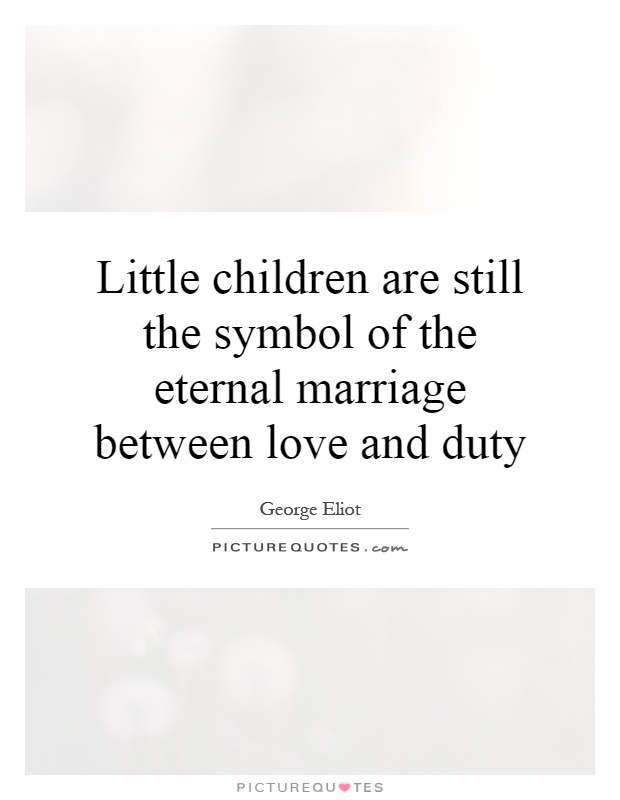
Eternal Love QuotesLove Marriage QuotesMarriage Love QuotesLittle Children QuotesLittle Child QuotesLove In Marriage Quotes
Little children are still the symbol of the eternal marriage between love and duty
In the works of George Eliot, the theme of love and duty is a recurring motif that is often explored through the lens of childhood innocence. Eliot believed that children were the purest embodiment of the eternal marriage between love and duty, as they are untainted by the complexities and compromises of adult life. In her novels, such as "Silas Marner" and "Middlemarch," Eliot portrays children as symbols of hope, redemption, and the potential for moral growth.One of the most poignant examples of this theme can be found in "Silas Marner," where the titular character, a reclusive weaver, finds redemption and purpose through his adopted daughter, Eppie. Silas, who has been betrayed and abandoned by those he loved, discovers a new sense of duty and love through caring for Eppie. In her, he sees the potential for goodness and purity that he had lost touch with in his own life. Eppie, in turn, learns the value of loyalty and responsibility through her relationship with Silas, as she chooses to stay with him despite the allure of a more privileged life.
Similarly, in "Middlemarch," Eliot explores the theme of love and duty through the character of Dorothea Brooke, a young woman who struggles to reconcile her idealistic notions of love with the practical demands of duty. Throughout the novel, Dorothea is torn between her desire for personal fulfillment and her sense of obligation to her family and community. It is through her interactions with the children in her life, such as her stepchildren and the orphaned Fred Vincy, that Dorothea learns the true meaning of love and duty. By caring for and nurturing these young souls, Dorothea discovers a sense of purpose and fulfillment that transcends her own desires.
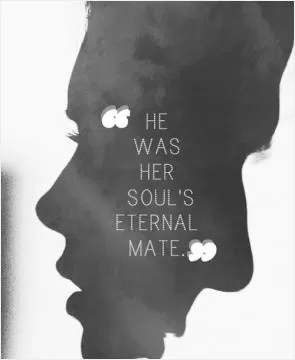
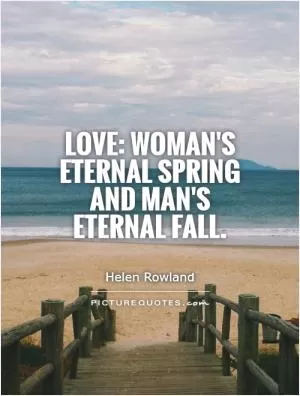
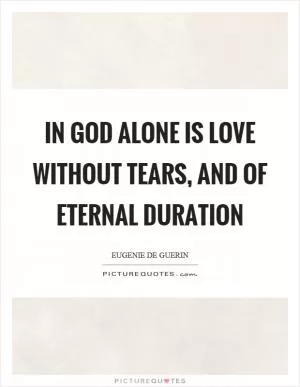
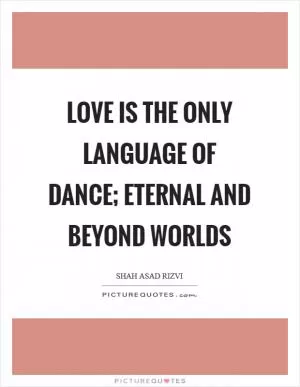

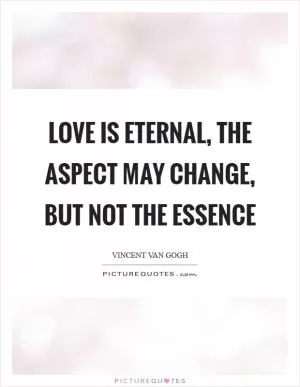
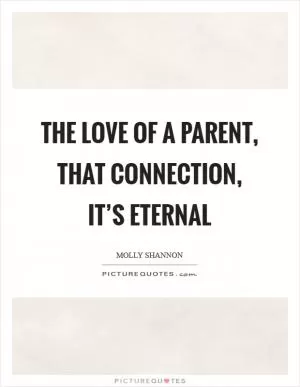

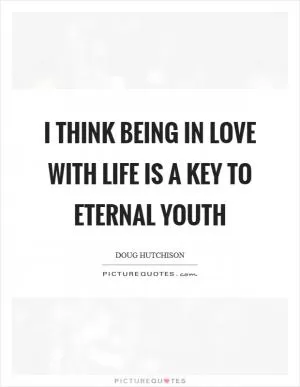

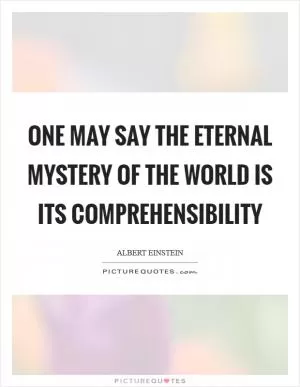

 Friendship Quotes
Friendship Quotes Love Quotes
Love Quotes Life Quotes
Life Quotes Funny Quotes
Funny Quotes Motivational Quotes
Motivational Quotes Inspirational Quotes
Inspirational Quotes